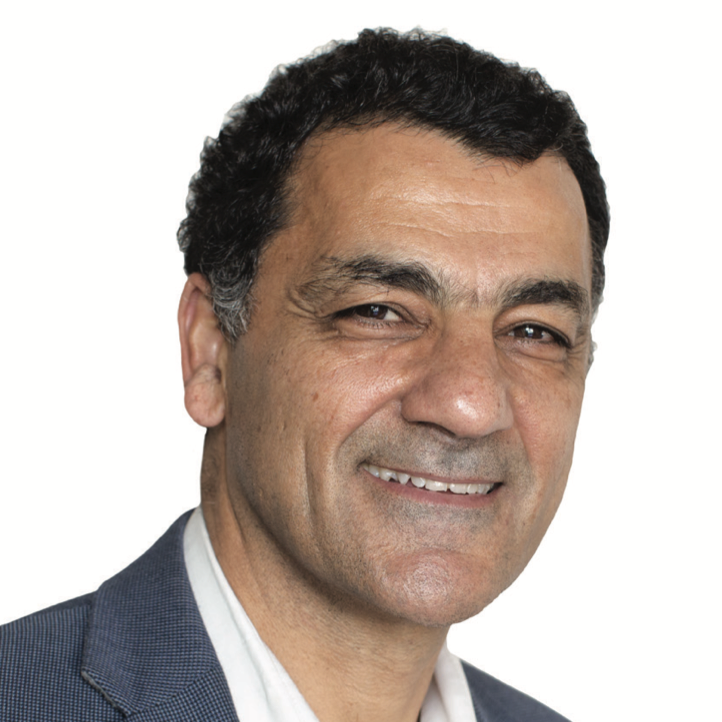The Presidential Initiative on Constructive Dialogue focuses on how the Pitzer community and beyond can talk constructively about challenging issues.
This initiative and its organizing committee will be dedicated to fostering a culture of open and constructive dialogue on campus and beyond, based on the following initial goals and objectives:
- Facilitate Constructive Conversations: Organize events and workshops to enhance communication skills, active listening, and empathy. Create brave spaces for open discussions on sensitive topics.
- Promote Inclusivity: Develop programs that embrace diversity and inclusivity, securing effective participation from students, faculty, and staff.
- Collaborate Across the College: Partner with field groups, student organizations, and administrative areas to integrate new dialogue initiatives with existing programs. Collaborate with faculty to incorporate elements into curricula.
- Assess and Get Feedback: Establish a system for ongoing assessment and feedback to measure the impact of the initiative. Regularly review and adapt programs based on findings.
- Build on Success: Develop a communications strategy to raise awareness about the importance of constructive dialogue on campus and the initiative itself. Showcase success stories and positive outcomes resulting from programs and the initiative.
Read more about the initiative from President Strom C. Thacker’s message to the Pitzer Community.
Past Events
Screening & Discussion: The Barber of Little Rock
A special screening of the 2024 Academy Award-nominated short film, The Barber of Little Rock, was followed by a discussion with co-director John Hoffman and the titular barber himself, Arlo Washington. This event was co-sponsored by the Melvin L. Oliver Racial Justice Initiative.
Watch the discussion below:
The Barber of Little Rock explores America’s widening racial wealth gap through the story of Arlo Washington, a local barber whose visionary approach to a just economy can be found in the mission of People Trust, the nonprofit community bank he founded. Experiencing the effects of generational poverty and structural racism firsthand, Arlo understands his hometown of Little Rock, Arkansas and the profound mistrust of financial institutions that have historically excluded his community from financial stability and economic mobility. Operating as the sole bank within a ten-mile radius, Arlo’s People Trust fosters economic progress for underserved and underbanked residents, providing an economic beacon of hope that could reshape the future of banking.
The film is part of the The New Yorker Documentary Series, a showcase for important short films from around the world, and is available on the magazine’s digital channels.
John Hoffman co-directed the film with Christine Turner. Hoffman is also a producer who is recognized for The Antidote (2020), Allegra’s Window (1994) and The Alzheimer’s Project (2009), among other films.
How Do We Talk about Israel and Palestine?
President Strom C. Thacker moderated a conversation between Salam Al-Marayati and Daniel Sokatch, who have collaborated at other events on dialogues about Palestine and Israel. Read our news story about the conversation or view the discussion in its entirety below:
Speaker Bios

Salam Al-Marayati is president and co-founder of the Los Angeles-based Muslim Public Affairs Council. He is an expert on Islam in the West, Muslim reform movements, human rights, democracy, national security, and Middle East politics. He has spoken at the White House and onCapitol Hill and has represented the U.S. at international human rights and religious freedom conferences. His writings have appeared in The New York Times, The Wall Street Journal, The Washington Post, and the Los Angeles Times.

Daniel Sokatch is CEO of the New Israel Fund and author of Can We Talk About Israel? A Guide for the Curious, Confused, and Conflicted, a National Jewish Book Award finalist. The NIF is an organization with joint Jewish-Palestinian leadership whose work includes supporting Palestinians in Israel, human rights groups monitoring and defending human rights in the occupied territories, and more. Daniel previously served as CEO of the Jewish Community Federation, Bay Area and Sonoma County,and was founding Executive Director of the Progressive Jewish Alliance (now Bend the Arc). Hehas been named to The Forward newspaper’s annual list of fifty leading Jewish decision-makers and opinion-shapers and has contributed to The New York Times, The Washington Post, Haaretz, and others.